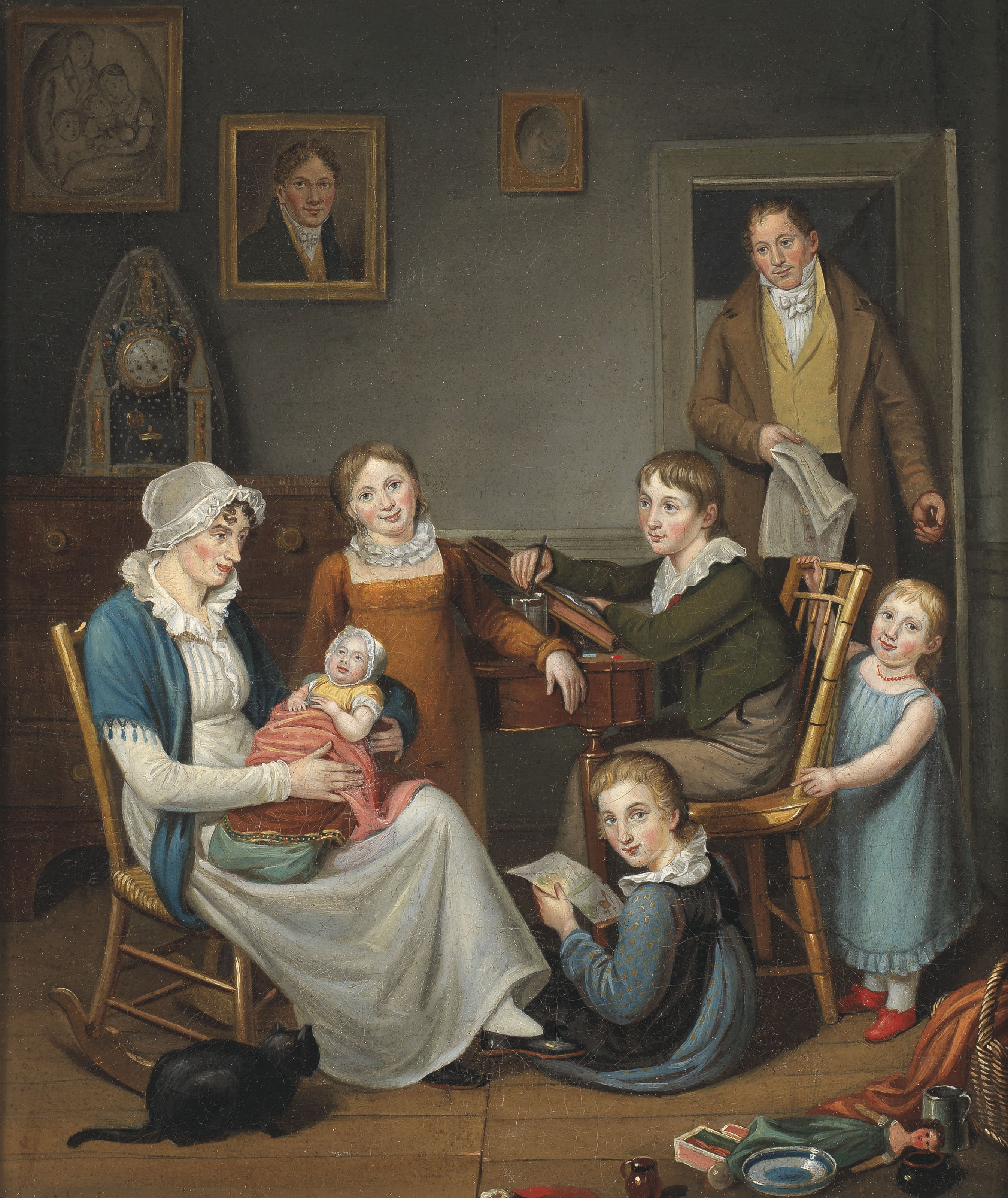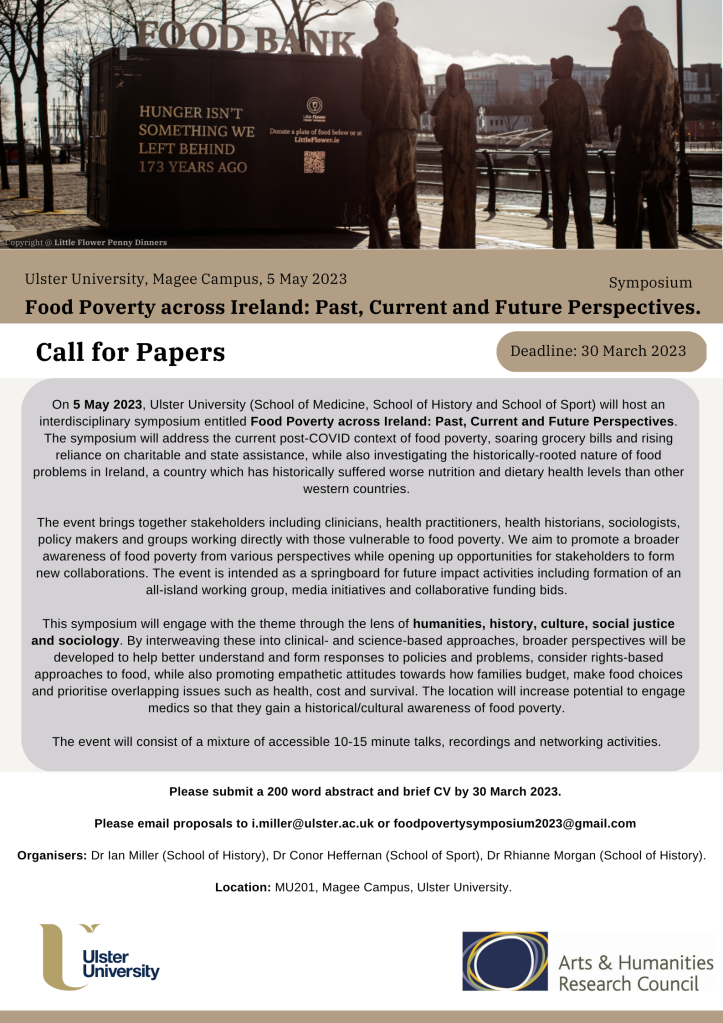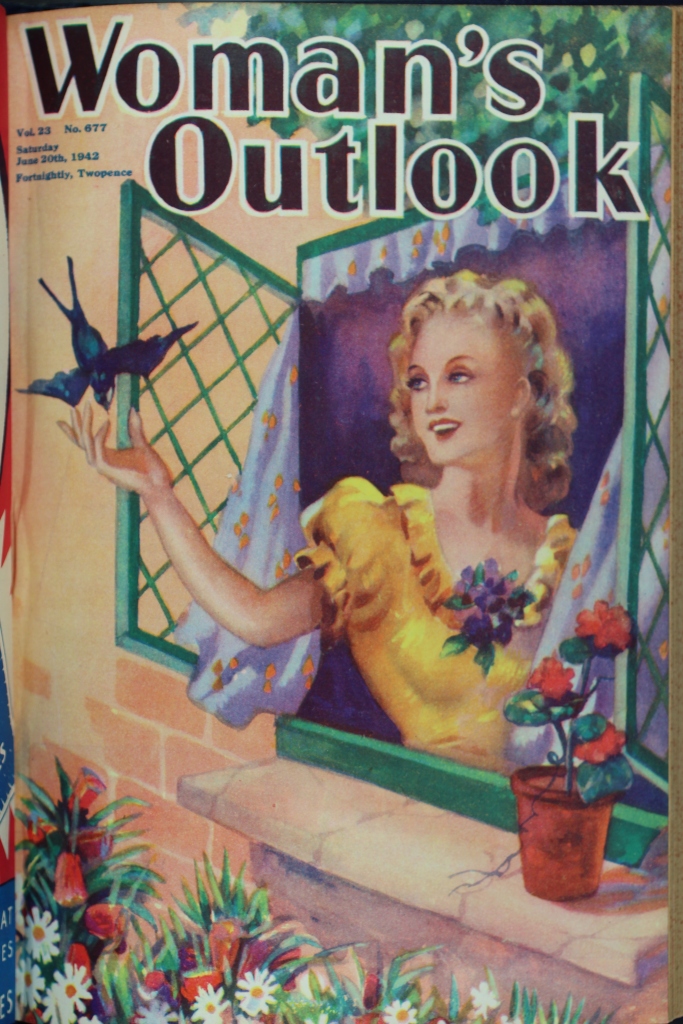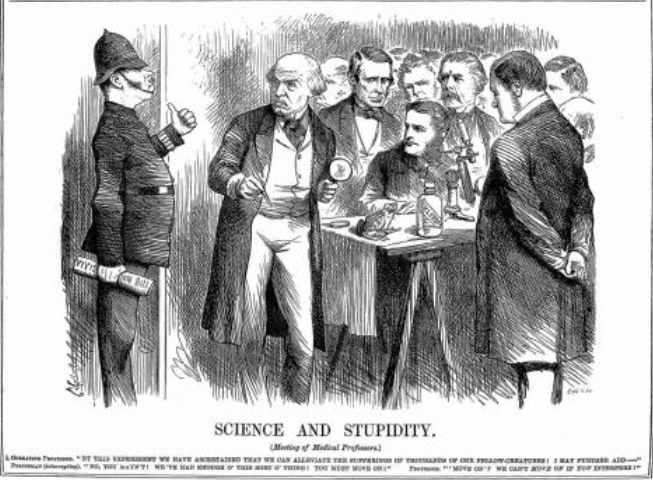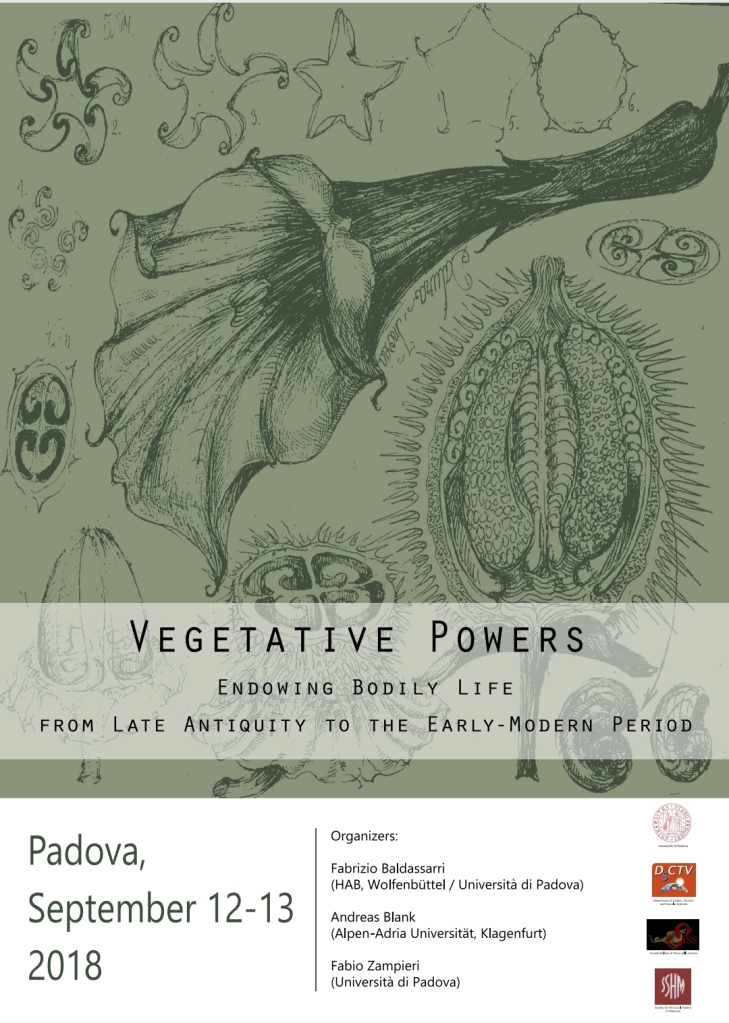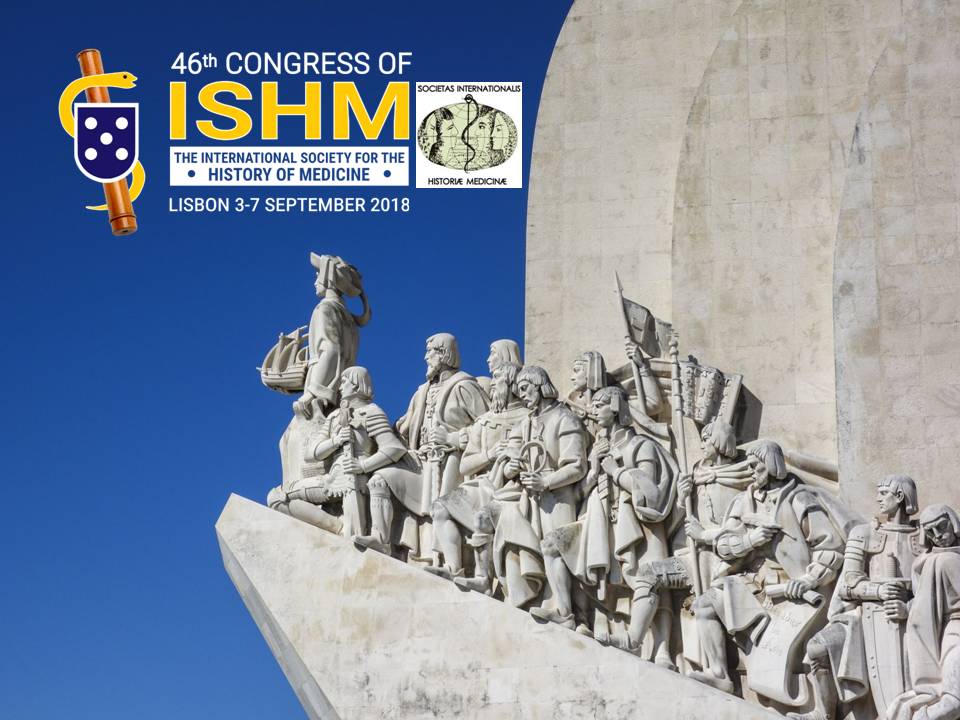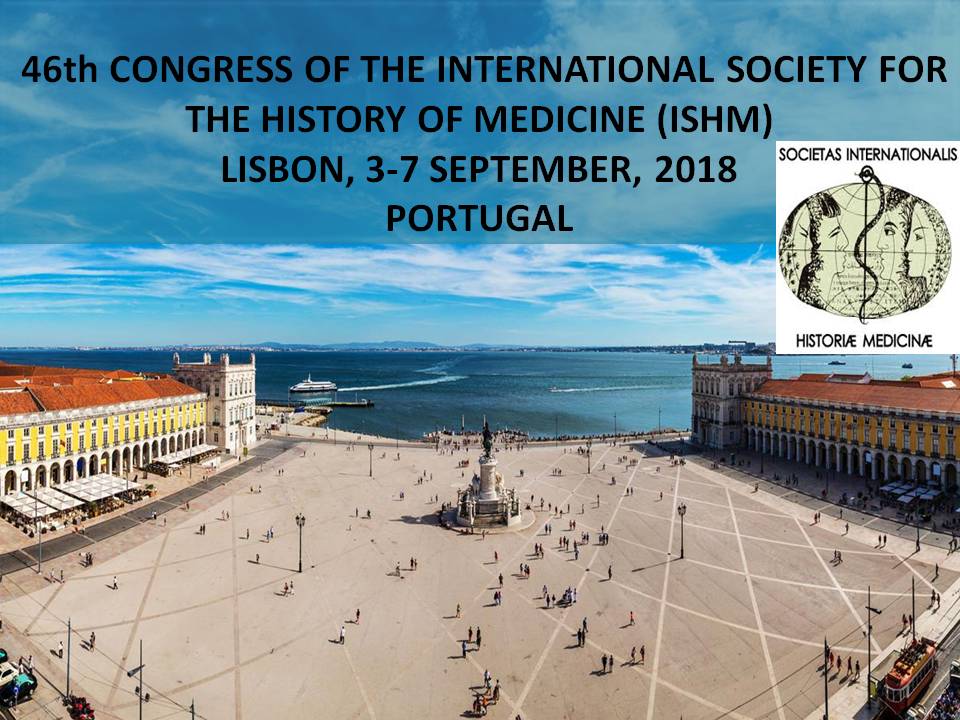The organising committee reflect on the aims of this SSHM-supported conference, held in September 2018.
Leprosy and the ‘Leper’ Reconsidered was an interdisciplinary conference that aimed to bring together scholars working in many periods and many countries, social scientists, physicians and biomedical scientists to begin a conversation that will unify and broaden the discourse on leprosy sufferers and leprosy. Leprosy is still categorised as a ‘neglected tropical disease’ by the World Health Organisation (WHO). In 2016, it was reported that there were 216,108 new cases in 145 countries.[1] Yet despite its widespread prevalence, it is thought of as a disease of the past. Indeed, historical perceptions and representations of leprosy as a uniquely repulsive and dangerous disease that demands the exclusion of the sufferer from mainstream society, persist even in the twenty-first century world.[2] One of the goals of this conference was to educate, not only other scholars of leprosy studies — regardless of their discipline — but also the wider community at McGill University and beyond.
The organisers of this conference — Dr. Elma Brenner, Courtney Krolikoski, Dr. Anna Peterson, and Prof. Faith Wallis — are medievalists specialising in the history of medicine and/or social welfare, with particular attention to leprosy. As such, we are acutely sensitive to the ways in which leprosy has been stereotyped as a paradigmatic ‘medieval’ disease, in the most sensationally negative sense of that term. This is unfortunate in two ways. First, the new histories of medieval leprosy pioneered by François-Oliver Touati, Carole Rawcliffe, and Luke Demaitre, have overturned previous ideas about how medieval societies viewed leprosy and treated leprosy sufferers.[3] Secondly, the inordinate focus on medieval leprosy has occluded other histories of leprosy in other parts of the world, and in other eras.
Our choice of Luke Demaitre and the eminent historian of Japan Susan Burns as keynote speakers for this conference signifies our intention to establish some balance and perspective in the global story of leprosy. Demaitre’s work, Leprosy in Premodern Medicine, is the canonical text for understanding, not only the development of the medical conceptualisation of leprosy, but also the interplay between medicine, society, culture, and law in the Middle Ages. Burns’ own work compliments and expands on Demaitre’s by exploring the disease in a modern context. Her forthcoming monograph, Kingdom of the Sick: Leprosy, Citizenship, and Japan, focuses on leprosy throughout Japanese history from its characterisation as a ‘karmic retribution disease’ in the medieval period to the modern period wherein authorities attempted to control the illness through sanitation measures. She argues that in modern Japan leprosy has become part of the debate regarding the place of the chronically ill and disabled in society.[4] This pairing also speaks to our concern to reframed in the context of the history of colonialism and post-colonial societies. The experience of colonialism added a second layer of prejudice to the leper’s condition. Leprosy was a disease of tropical colonies where the colonisers implemented, either through the introduction of medical schools or through missionaries, the idea of segregation and isolation for those afflicted by leprosy. This approach has led to its own historical distortions; as well as reinforced the neglect of areas outside the colonial spheres, or in post-colonial leprosy.
Leprosy and the ‘Leper’ Reconsidered was conceived as a means to explore how communities have approached leprosy and leprosy sufferers globally by engaging historians, scholars of art, film, archaeology, religion and literature. At the same time, it will bring into the conversation new theoretical tools like disability studies, and new historical techniques like digital humanities. Nor will it neglect the crucial medical and scientific histories, as well as anthropological, archeological, and material culture contexts. This conference aims to do this, while also providing a space to the impact of this disease as it intersects with gender, class and race. It presents an opportunity to bring together such a chronologically, geographically and disciplinarily diverse group of speakers and presenters, from early to advanced career stages. We will also be addressing the complex and violent history of the term ‘leper’ as a means of anchoring the overall themes of this conference.
Our aim is to bridge the gap between scientists and social scientists to bring new clarity to questions about the human experience of leprosy, and to open new research opportunities.
[1] “Leprosy Fact Sheet,” World Health Organisation, last modified February 9, 2018, http://www.who.int/en/news-room/fact-sheets/detail/leprosy.
[2] The ILEP is a federation of thirteen international NGOs based in Geneva, Switzerland. Their Triple Zero Campaign – Zero Transmission, Zero Disability, Zero Discrimination – has worked tirelessly not only to increase access to medical care for leprosy sufferers around the world, but also to educate and petition governments to end discriminatory practices against those afflicted from Hansen’s Disease. Currently, they are funding and supporting 700 projects in 66 countries in order to bring about the end of leprosy. See: https://www.ilepfederation.org/.
[3] Francois-Olivier Touati, “Les léproseries aux XIIème et XIIIème siècle, lieux de conversions?” in Voluntate Dei Leprosus: les lépreux entre conversion et exclusion aux XIIème et XIIIème siècles, eds. Nicole Bériou and François-Olivier Touati (Spoleto: Centro Italiano di Studi sull’Alto Medioevo, 1991), 1-32; Carole Rawcliffe, Leprosy in Medieval England (Woodbridge: Boydell Press, 2006); Luke Demaitre, Leprosy in Premodern Medicine: A Malady of the Whole Body (Baltimore: Johns Hopkins University Press, 2007).
[4] Susan L. Burns, Kingdom of the Sick: Leprosy, Citizenship, and Japan (Honolulu: University of Hawai‘i Press, Forthcoming).

